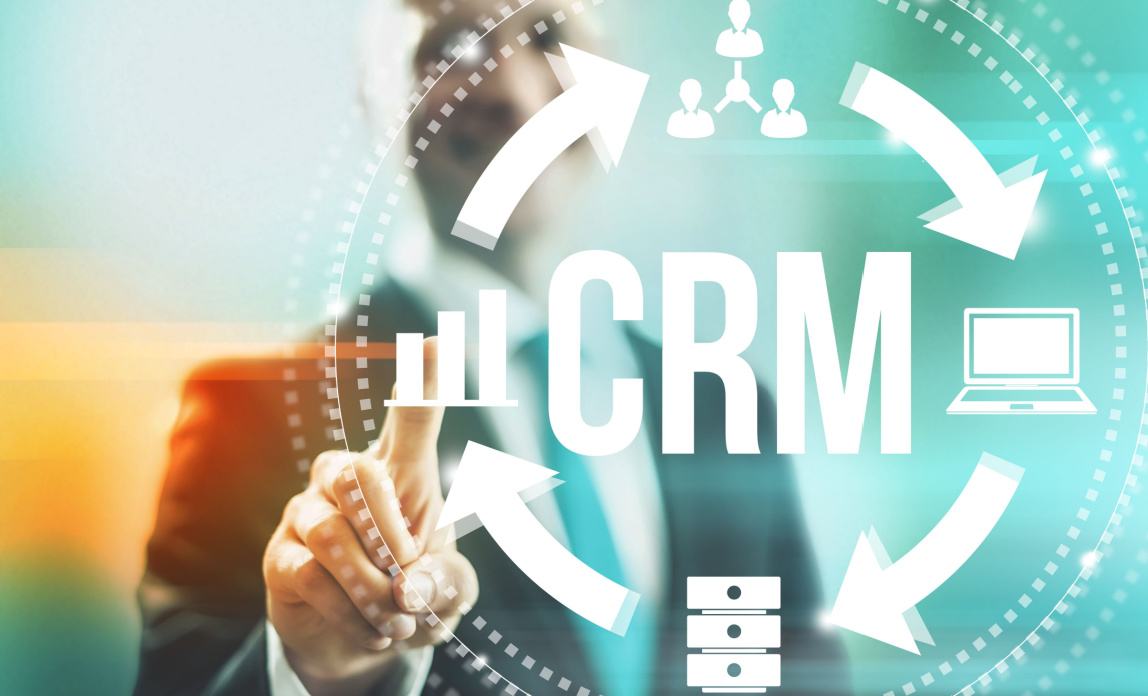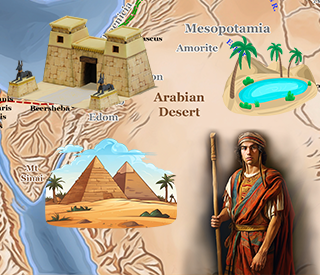Cultivating Customer Loyalty: Using CRM to Build Long-Term Relationships
In today's competitive business landscape, cultivating customer loyalty is more crucial than ever. Loyal customers not only drive repeat business but also become brand advocates, helping to attract new customers through positive word-of-mouth and referrals. Customer Relationship Management (CRM) systems play a pivotal role in building and maintaining these long-term relationships. By leveraging CRM technologies, businesses can gain valuable insights into customer behavior, personalize interactions, and provide exceptional customer service. This detailed article explores how to use CRM to foster customer loyalty and build lasting relationships.
Understanding Customer Loyalty
Customer loyalty refers to a customer's commitment to a brand, demonstrated by repeated purchases and positive engagement over time. Loyal customers are less likely to switch to competitors, are more forgiving of occasional service lapses, and tend to spend more over their lifetime. Building customer loyalty requires a strategic approach that combines excellent products or services with outstanding customer experiences.
The Role of CRM in Cultivating Customer Loyalty
CRM systems are designed to help businesses manage interactions with current and potential customers. By centralizing customer data and providing tools for analysis and communication, CRM systems enable businesses to understand their customers better and create personalized experiences that foster loyalty.
1. Centralized Customer Data
CRM systems consolidate customer information from various touchpoints—such as sales, marketing, and customer service—into a single, centralized database. This comprehensive view of each customer includes contact details, purchase history, communication preferences, and past interactions. With this centralized data, businesses can provide consistent and informed service across all channels.
2. Personalized Customer Interactions
Personalization is key to building strong customer relationships. CRM systems allow businesses to segment their customer base and tailor marketing campaigns, product recommendations, and communications to individual preferences and behaviors. By delivering relevant and timely content, businesses can enhance customer satisfaction and loyalty.
3. Proactive Customer Service
Exceptional customer service is a cornerstone of customer loyalty. CRM systems enable businesses to track customer inquiries, complaints, and feedback in real-time. By using CRM to automate follow-ups and resolve issues promptly, businesses can demonstrate their commitment to customer satisfaction and build trust.
4. Loyalty Programs and Rewards
CRM systems can support the creation and management of loyalty programs. By tracking customer purchases and engagement, businesses can offer personalized rewards, discounts, and incentives. Loyalty programs not only encourage repeat business but also provide valuable data on customer preferences and spending patterns.
5. Customer Feedback and Improvement
Collecting and analyzing customer feedback is essential for continuous improvement. CRM systems can integrate with survey tools to capture feedback on products, services, and overall customer experience. By acting on this feedback, businesses can make informed decisions to enhance their offerings and address any pain points, further solidifying customer loyalty.
Strategies for Using CRM to Build Long-Term Relationships
1. Segment and Target Your Audience
Effective customer segmentation allows businesses to identify different customer groups based on demographics, behavior, and preferences. By using CRM to segment your audience, you can create targeted marketing campaigns and personalized communication strategies that resonate with each group, enhancing engagement and loyalty.
2. Implement Personalized Marketing Campaigns
Personalization goes beyond addressing customers by their first name. Use CRM data to understand customer preferences and tailor marketing messages accordingly. Personalized email campaigns, product recommendations, and exclusive offers make customers feel valued and understood, increasing their loyalty to your brand.
3. Enhance Customer Support
Ensure your customer support team has access to comprehensive customer profiles within the CRM system. This allows them to provide personalized and efficient service. Implementing CRM-driven ticketing systems can help track and resolve issues quickly, turning potential negative experiences into positive ones.
4. Monitor and Reward Loyalty
Use CRM to track customer purchase history and engagement levels. Identify your most loyal customers and reward them with exclusive offers, discounts, or early access to new products. Recognizing and appreciating loyal customers strengthens their bond with your brand and encourages continued patronage.
5. Leverage Automation for Consistency
CRM automation tools can help maintain consistent communication with customers. Automate follow-up emails, birthday greetings, and personalized recommendations based on past purchases. Consistent, relevant communication keeps your brand top-of-mind and reinforces customer loyalty.
6. Analyze and Act on Customer Feedback
Regularly review customer feedback collected through your CRM system. Identify common themes and areas for improvement. Use this feedback to make data-driven decisions that enhance your products, services, and customer experiences. Demonstrating that you listen to and act on customer feedback builds trust and loyalty.
Case Studies and Examples
Example 1: E-commerce Retailer
An e-commerce retailer uses CRM to segment its customer base and deliver personalized product recommendations. By analyzing purchase history and browsing behavior, the retailer sends targeted emails with product suggestions tailored to each customer's interests. This personalized approach leads to a 20% increase in repeat purchases and a significant boost in customer loyalty.
Example 2: Hospitality Industry
A hotel chain implements CRM to enhance guest experiences. By consolidating guest preferences, past stays, and feedback, the hotel staff can offer personalized services such as room preferences, special amenities, and tailored promotions. The result is a 15% increase in customer satisfaction scores and higher rates of repeat bookings.
The Future of CRM and Customer Loyalty
The future of CRM will be shaped by advancements in technology such as artificial intelligence (AI), machine learning, and big data analytics. These innovations will enable even deeper personalization, predictive analytics, and more proactive customer service. As CRM systems evolve, businesses will have even greater capabilities to cultivate customer loyalty and build long-term relationships.
CRM systems are powerful tools for cultivating customer loyalty and building long-term relationships. By centralizing customer data, enabling personalized interactions, and supporting proactive customer service, CRM helps businesses create exceptional customer experiences that foster loyalty. Implementing strategies such as audience segmentation, personalized marketing, enhanced customer support, and reward programs can significantly enhance customer loyalty and drive business growth. Embrace CRM as a strategic asset, and leverage its capabilities to build lasting relationships that stand the test of time.






































